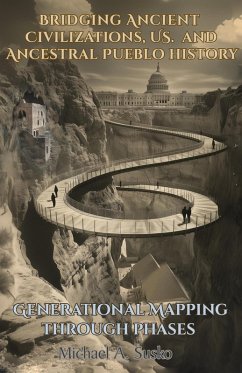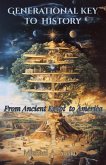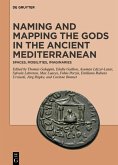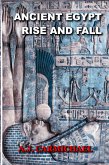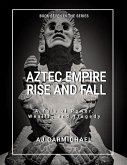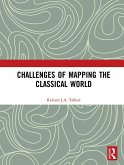Divided into three volumes, the series introduces the theory that ancient civilizations, U.S. history, and Indigenous histories-long viewed through static or compartmentalized frameworks-can be studied instead as dynamic, evolving processes marked by generational phases. In brief they are: 1) "Invisible Beginnings"; 2) Establishment and Testing; 3) Consolidation and "Opening Up" to outside influences; 4) Crisis and Creativity; 5) Empire and Inclusion; and 6) Renewal or Rigidification.
The work redefines how we engage with the past, weaving together archaeology, anthropology, and historical analysis to map the interconnectedness of civilizations and the generational forces that shape them. From the achievements of Ancient Egypt to the enduring presence of the Ancestral Pueblo peoples, the generational method offers fresh insight into how time, identity, and transformation shape the arc of human history.
This complete edition of Generational Mapping of World History is for readers seeking a deeper understanding of the structural rhythms that define civilizations across time-including the living continuity of Indigenous peoples and their place in global history.
Dieser Download kann aus rechtlichen Gründen nur mit Rechnungsadresse in A, B, CY, CZ, D, DK, EW, E, FIN, F, GR, H, IRL, I, LT, L, LR, M, NL, PL, P, R, S, SLO, SK ausgeliefert werden.

